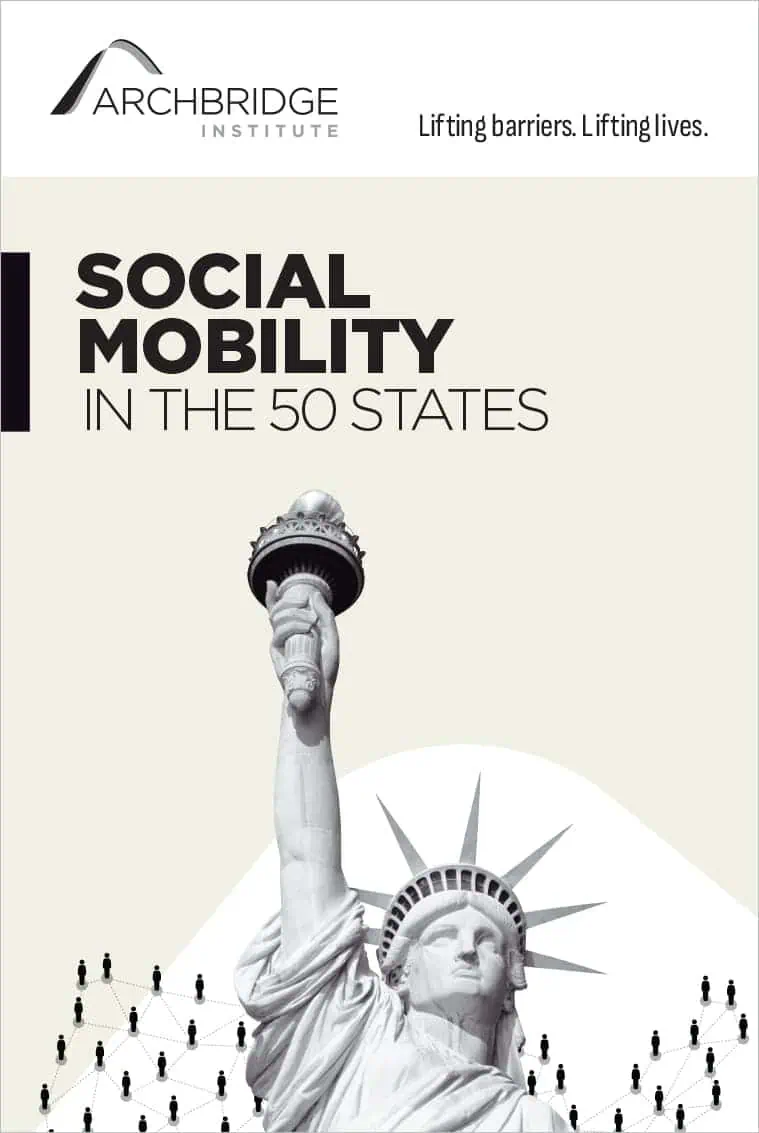
Summary
Early childhood education programs play a crucial role in promoting social mobility by providing disadvantaged children with a strong foundation for lifelong success. These programs recognize the importance of the early years in shaping a child’s development and aim to mitigate the effects of socioeconomic disparities that can hinder upward mobility. By focusing on comprehensive interventions that enhance cognitive and noncognitive skills, as well as promoting positive parent-child interactions, early childhood education programs have shown significant potential in breaking the cycle of disadvantage and fostering long-term positive outcomes.
Research has consistently demonstrated that quality early childhood education programs can lead to improved educational attainment, increased employment prospects, reduced involvement in criminal activities, and better overall well-being. These programs address not only the cognitive aspects of a child’s development, such as language and math skills, but also the noncognitive skills, including social and emotional competencies, self-regulation, and resilience. By nurturing these holistic skillsets from an early age, children from disadvantaged backgrounds are given a better chance to thrive and overcome the barriers they may face later in life.
One notable example of the impact of early childhood education programs is the High/Scope Perry Preschool Project (PPP), a pioneering study initiated in the 1960s. The project provided high-quality early education to low-income African American children in Michigan. Follow-up studies conducted over several decades demonstrated that participants in the PPP exhibited improved academic achievement, higher high school graduation rates, lower rates of criminal behavior, and increased economic self-sufficiency compared to their non-participating peers. These findings underscore the long-lasting benefits of early interventions in promoting social mobility.
Another example is the Carolina Abecedarian Project, which was a comprehensive early childhood education program conducted in the United States from the 1970s to the 1980s. The program aimed to provide high-quality educational experiences for disadvantaged children, starting in infancy and continuing through preschool. It implemented a structured curriculum, individualized instruction, and emphasized strong caregiver-child interactions. The results of the Abecedarian Project were highly significant and demonstrated the long-term benefits of high-quality early childhood education. The program’s participants showed improved cognitive abilities, including higher IQ scores and academic achievement compared to control groups. Additionally, they exhibited better social-emotional skills, such as self-regulation, social competence, and positive personality traits.
Moreover, early childhood education programs extend beyond the classroom to involve parents and caregivers. Recognizing the critical role of the home environment in a child’s development, these programs actively engage parents through home-visiting initiatives, parental education programs, and support networks. By empowering parents with knowledge and resources, these programs facilitate positive parent-child interactions, enhance parenting skills, and create a nurturing and stimulating environment for children to thrive.
Key Takeaways and Guidance For Future Programs
Notably, a key insight gleaned from the literature on child development is the vital role of parenting in establishing attachment, guidance, and support. Although successful programs may appear distinct on the surface, they all prioritize the promotion of effective parenting. Some programs achieve this indirectly by encouraging parental visits to centers or by fostering positive parental responses to child engagement stimulated through participation in centers.
On the other hand, more focused home-visiting programs, which are less resource-intensive than comprehensive programs, have demonstrated surprising cost-effective efficacy.
Some policy proposals that will facilitate social mobility are as follows:
Expansion of Access: One policy proposal could involve expanding access to high-quality early childhood education programs for disadvantaged children. This could include increasing the availability of affordable or subsidized early education options, prioritizing underserved communities, and ensuring that children from low-income backgrounds have equal opportunities to participate in these programs.
Quality Standards and Teacher Training: Implementing and enforcing quality standards for early childhood education programs is essential. Policy proposals may focus on establishing guidelines for curriculum, teacher qualifications, and classroom environments to ensure that programs provide optimal learning experiences. Additionally, investing in ongoing professional development and training for early childhood educators can enhance the quality of instruction and support the holistic development of children.
Parental Engagement and Support: Recognizing the crucial role of parents and caregivers, policy proposals may emphasize the importance of parental engagement and support within early childhood education programs. This could involve implementing home-visiting initiatives, offering parenting education programs, and creating networks of support for parents to enhance their knowledge and skills in fostering their child’s development.
Integration of Noncognitive Skills: Policy proposals may highlight the significance of integrating noncognitive skills, such as social-emotional development and resilience, into early childhood education curricula. Providing resources and training for educators to address these skills can help children develop the necessary competencies to navigate challenges and succeed in their academic and personal lives.
Long-Term Monitoring and Evaluation: Establishing mechanisms for long-term monitoring and evaluation of early childhood education programs is essential to assessing their effectiveness and informing policy decisions. This could involve tracking children’s outcomes throughout their educational journeys and beyond, and examining indicators such as academic achievement, employment rates, and social well-being to gauge the long-term impact of these programs on social mobility.
Early childhood education programs have the potential to be effective early interventions in the lives of disadvantaged children by supporting them in building the skills necessary for success in school and in life. Designed well, these programs can prevent the need for future, often costlier, interventions and prepare participants for upward social mobility. But not every early childhood education program is equally effective. Programs that acknowledge and support the key role that parents play in child success and those that incorporate the noncognitive skill development will be more effective than those that do not. The examples set by the Perry Preschool Project and the Carolina Abecedarian Project offer policymakers a helpful evidence-based guide in establishing successful early childhood programs. Understanding their design and results can inform a better discussion around the best strategies to ensure all children have the opportunity to succeed.
This paper is based on García and Heckman (2023), to appear in the Annual Review of Economics, Volume 15, Number 1.
Jorge Luis Garcia, PhD, is an assistant professor in the Department of Economics at Clemson University.





